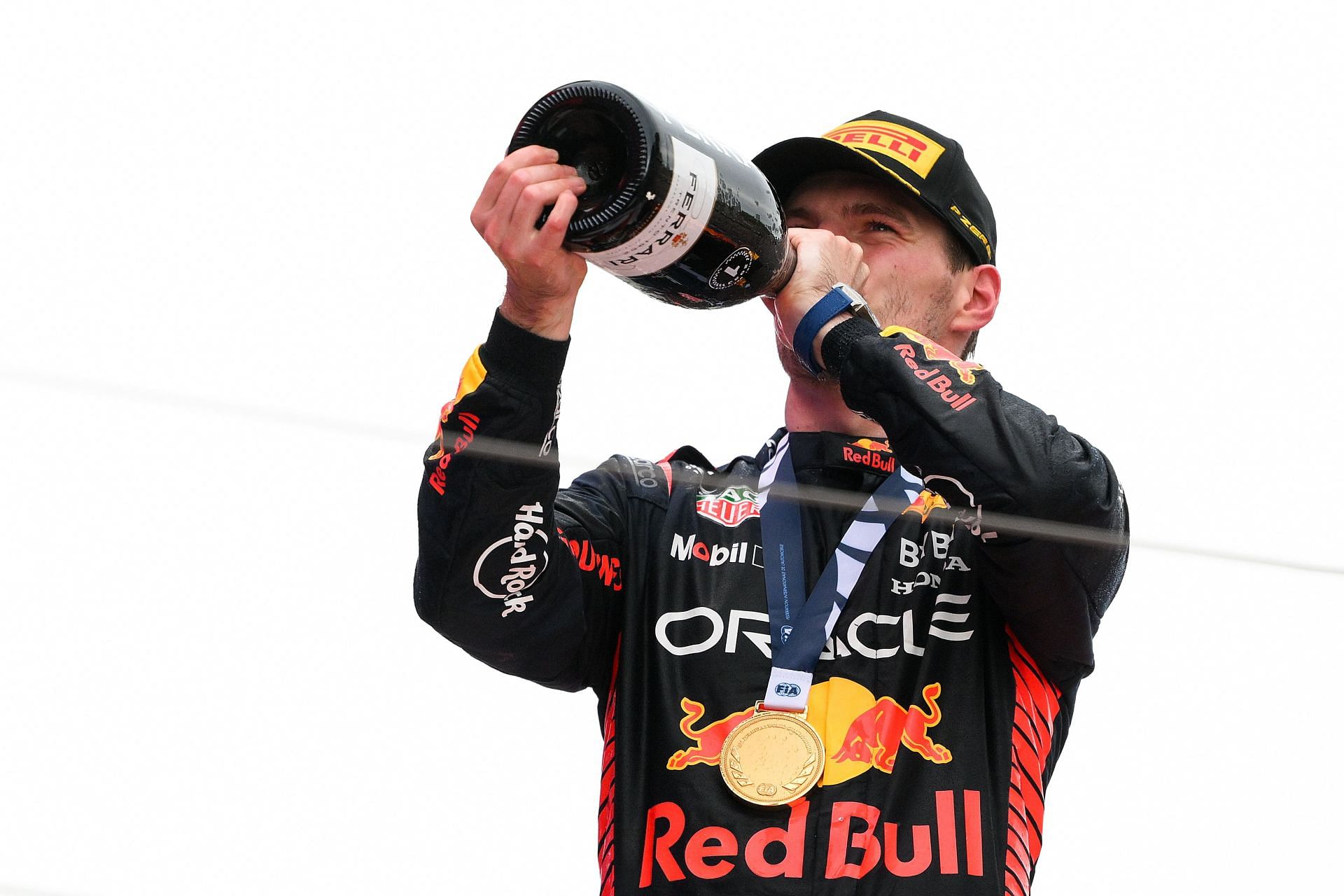Max Verstappen's recent F1 Grand Chelem at the Spanish Grand Prix has dominated headlines since the weekend, but what does the term mean? Let's take a look.
In Formula 1, a "Grand Chelem" (or Grand Slam) refers to a rare achievement accomplished by a driver during a race when a driver takes pole position in qualifying, records the fastest lap in the race, leads every lap of the race, and wins the race.
To accomplish a Grand Chelem, a driver must showcase exceptional skill and consistency throughout the entire race, making it a notable and prestigious achievement in the sport. Any driver needs a tremendously fast car to achieve the rare feat.
Max Verstappen's 2023 F1 season is going tremendously well due to the dominance of Red Bull RB19, which has won all seven races so far this year. The Dutchman won the third Grand Chelem of his career in Spain, and is expected to rack up even more in times to come.
So far, only 26 drivers have secured Grand Chelems, making the feat extremely remarkable.
F1 and DHL partner up to introduce bio-fueled trucks
F1 and logistics giant DHL have joined forces to introduce environmentally friendly trucks for the European leg of the 2023 season. These trucks, powered by bio-fuels, are expected to reduce carbon emissions by a minimum of 60% compared to standard fuels.
DHL's initial sustainable fleet consists of 18 trucks running on a special fuel called HV0100, derived from hydrotreated vegetable oil. These trucks will cover approximately 10,600 kilometers during the European races of the season.
Equipped with GPS technology, the newly introduced trucks allow for fuel consumption monitoring and optimized route planning, resulting in greater efficiency. Not only do these trucks reduce carbon emissions, but they also maintain the same load capacity and travel distance capabilities as their diesel counterparts. Furthermore, they contribute to a safer and more sustainable sourcing process.
The utilization of bio-fueled trucks represents F1's latest initiative towards sustainable growth, as the sport aims to achieve Carbon Net Zero by 2030. This endeavor builds upon previous measures, such as transitioning to remote broadcast operations, exploring multimodal transport options like overland and ocean freight, and redesigning freight containers for more efficient loading onto Boeing 777 aircraft.
As F1 paves the way for a cleaner future, it will be intriguing to witness the innovative solutions the sport embraces in the years ahead.
